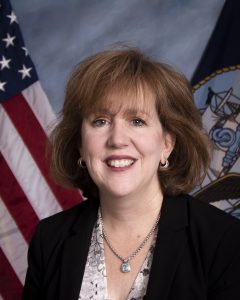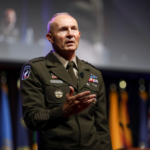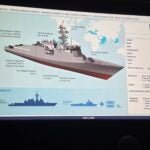
In this monthly column, Defense Daily highlights individuals from across the government, industry and academia whose efforts contribute daily to national defense, from the program managers to the human resource leaders, to the engineers and logistics officers. Catherine Kessmeier is the Principal Deputy Assistant Secretary of the Navy for Manpower and Reserve affairs and is currently the Acting Assistant Secretary of the Navy for Manpower and Reserve Affairs. In this role, she is responsible for overall supervision and oversight of…












